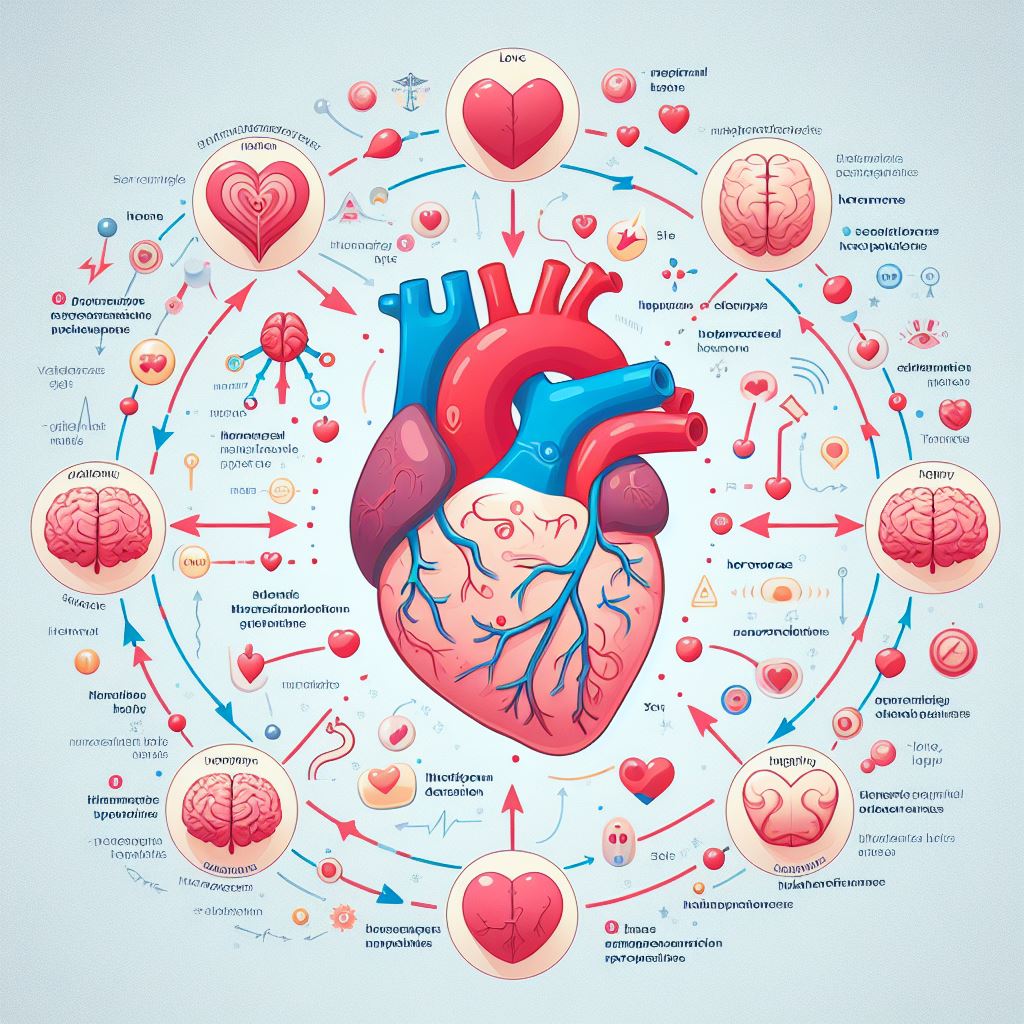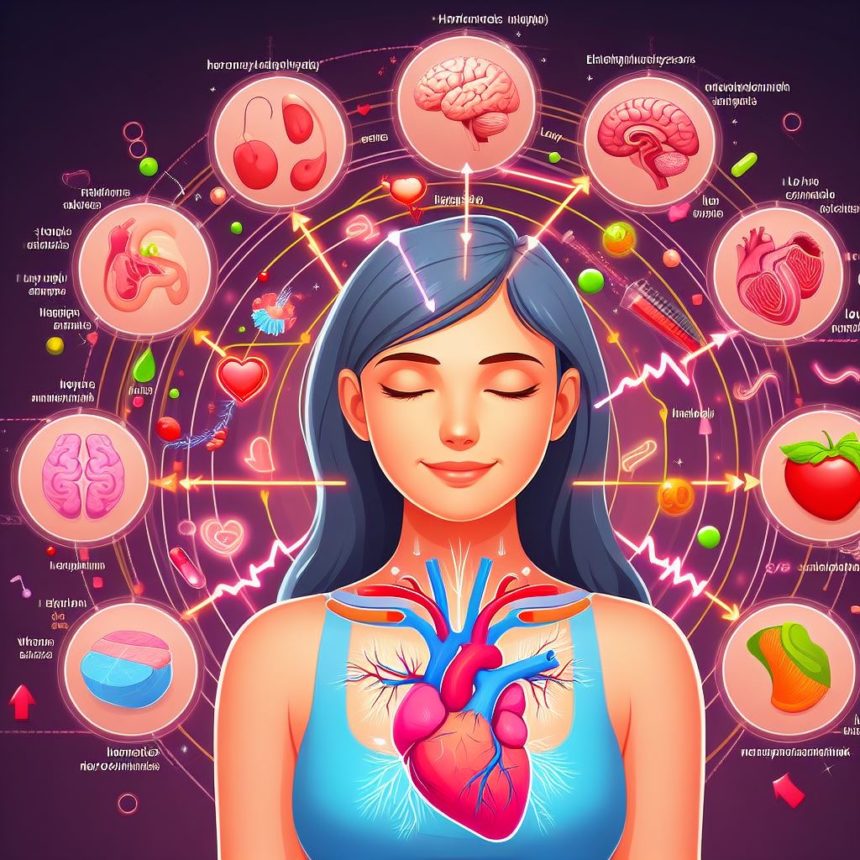Love, in its many forms, has long been recognized as a fundamental human need and an essential component of a fulfilling life. Beyond its emotional and psychological impact, love has been shown to have a profound influence on physical health and well-being. In this article, we will explore the role and benefits of love on human health, shedding light on the complex and multifaceted relationship between love and wellness.
I. The Role of Love in Human Health
- Stress Reduction: Love, whether romantic, familial, or platonic, can help reduce stress and anxiety by releasing oxytocin, a hormone known to have calming and soothing effects on the body.
- Emotional Well-Being: Love fosters a sense of connection, belonging, and security, contributing to emotional well-being and resilience.
- Social Support: Love encourages the formation of strong social networks, providing individuals with a support system that can help them navigate life’s challenges and maintain overall health.
- Self-Care: Love can inspire self-care and self-compassion, encouraging individuals to prioritize their health, well-being, and personal growth.
- Coping Mechanism: Love can serve as a powerful coping mechanism, helping individuals manage adversity, trauma, and loss by providing comfort, solace, and hope.

II. Benefits of Love on Physical Health
- Improved Immune Function: Love and strong social connections have been linked to improved immune function, enabling the body to better fight off infections and diseases.
- Lower Blood Pressure: Love and emotional well-being have been shown to lower blood pressure, reducing the risk of heart disease and stroke.
- Reduced Inflammation: Love and social support can help reduce inflammation, which is associated with various health issues, including heart disease, diabetes, and autoimmune disorders.
- Better Sleep: Love and emotional well-being can contribute to better sleep quality, promoting restorative rest and rejuvenation.
- Pain Management: Love and social support can help alleviate pain and discomfort, as the release of endorphins, the body’s natural painkillers, is triggered by positive social interactions and emotional connections.
III. The Power of Love in Healthcare
- Patient-Centered Care: Healthcare providers that prioritize love, compassion, and empathy in their approach to patient care can create a nurturing and supportive environment that promotes healing and recovery.
- Therapeutic Relationships: The therapeutic relationships between healthcare providers and patients can be strengthened by love, trust, and mutual respect, leading to improved communication, adherence to treatment plans, and overall health outcomes.
- Mental Health Support: Love and emotional support play a crucial role in mental health treatment, as they help individuals feel understood, validated, and empowered in their journey towards healing and recovery.
- Preventive Health: Love and social connections can inspire individuals to prioritize their health, engage in preventive measures, and adopt healthier lifestyle habits, ultimately reducing the risk of chronic diseases and promoting overall well-being.
IV. Cultivating Love and Emotional Well-Being
- Practice Gratitude: Regularly expressing gratitude for the people, experiences, and aspects of life that bring joy and love can help foster a positive outlook and emotional well-being.
- Nurture Relationships: Invest time and effort in building and maintaining strong relationships with family, friends, and loved ones, as these connections can provide emotional, social, and physical benefits.
- Engage in Self-Care: Prioritize self-care and self-compassion, taking time to nurture your physical, emotional, and mental well-being through activities that bring joy, relaxation, and rejuvenation.
- Seek Professional Help: If struggling with emotional or mental health issues, seek the support of a mental health professional, who can provide guidance, resources, and tools to help cultivate love, emotional well-being, and resilience.
Conclusion
The role and benefits of love on human health are vast and multifaceted, encompassing emotional, social, and physical well-being. By fostering love, emotional well-being, and strong social connections, individuals can experience numerous health benefits, including stress reduction, improved immune function, lower blood pressure, reduced inflammation, better sleep, and pain management. In healthcare settings, love and compassion can lead to improved patient-provider relationships, therapeutic relationships, and overall health outcomes. By prioritizing love and emotional well-being, individuals can cultivate resilience, happiness, and longevity, enjoying a fulfilling and healthy life.










